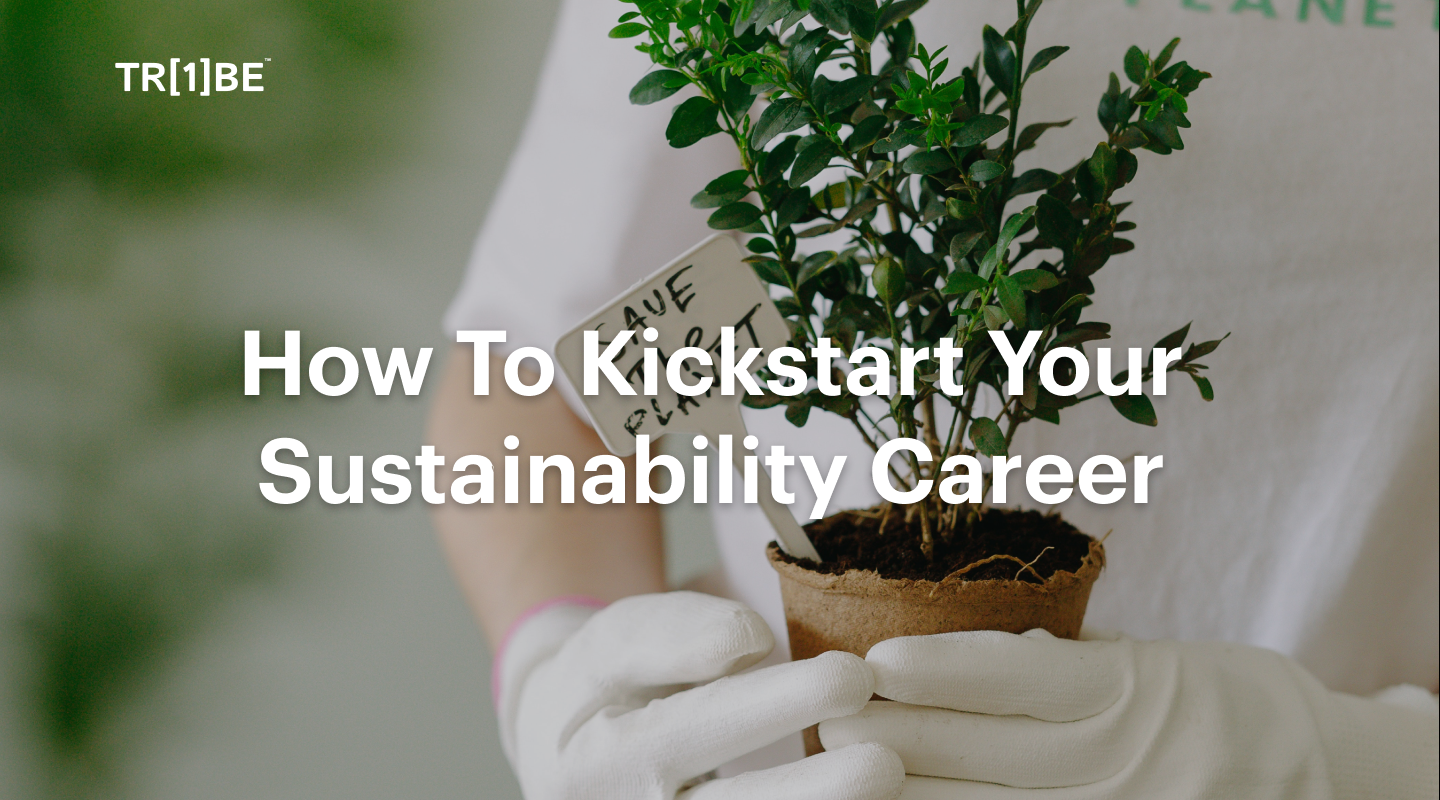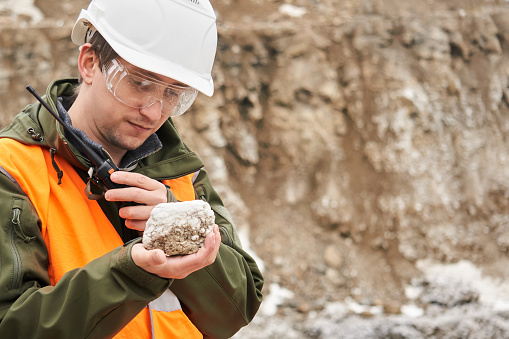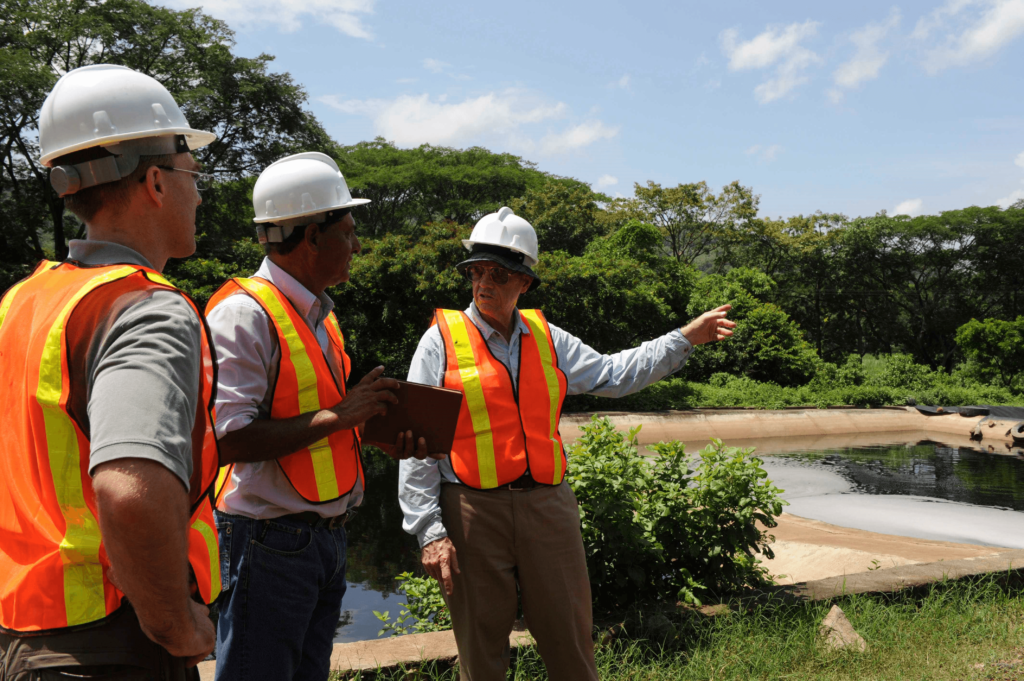
Careers in sustainability- what are your options? Whether you are a seasoned professional or recent graduate, here’s how to kickstart your sustainability career.
Like many of life’s most important things, making a career in sustainability isn’t a goal you can achieve once and then rest on your laurels. It’s a lifetime commitment to incorporating and prioritising sustainable practices in every business decision.
While there are a wide variety of sustainability best practices that can be enacted by leaders in any business — especially in environmentally high-impact industries like fashion and ecommerce — there is a difference between behaving sustainably in your career and having a career in sustainability. For the latter, we’re highlighting three career sectors that allow you to make an impact with your decision-making and push the cause forward through new learning and innovation.
Here’s a look at three of the most important career paths in sustainability and how to get started on them.

The design, construction and deployment of goods, buildings and even entire municipal systems are necessary for improving our societies. However, by their nature, they’re also some of the greatest sources of pollution and environmental destruction. That’s why entering a career dedicated to sustainable engineering and design is one of the best ways to advance the cause.
You’ll need to study these skills in college or university, and possibly in a post-grad environment. For those committed to sustainable architecture, consider doing research and/or taking an elective course focused on sustainability.
When it comes to getting a job in the field, getting an internship is hugely important. Much of the practical study is dedicated to meeting green building codes like LEED or BREEAM — both of which are widely accepted as signifying the design and construction of the building meet a baseline level of sustainability. While the best and most innovative firms go beyond LEED standards, they’re a good standard for aspiring professionals to study and understand.
This is, of course, another career path requiring a lot of upfront study. While that much is clear to anyone interested, you should also consider picking a school with a top program in environmental engineering. However, most top undergrad programs will teach a similar curriculum and offer courses in sustainability. Your next big choice is your employer, both for your internships and early full-time roles. Applying to firms with a genuine dedication to building a sustainable future will increase the chances that you can become an expert and build a career in this important field.
Consider joining a sustainable firm or government agency in a non-technical capacity. Marketers, recruiters, accountants and more can make an impact in these industries. To find a good firm, check out this list of top 50 architecture firms in sustainability or top green engineering companies. While lists like those are often flawed in their methodology and contain many greenwashers, they’re a good place to start doing your own research.

Of course, you can’t build something according to sustainable best practices if you don’t know what those practices are. And the job of finding out what really is and isn’t sustainable belongs to those in the field of environmental sciences and sustainability research.
To get started on this path, consider pursuing a relevant science degree for your undergraduate education and start early by taking research and lab roles to get a sense for what it’s like to do research. There’s a big difference between field work, lab work and office work. Trying out jobs and programs that allow you to do all three will give you a good sense of how you should direct your education and your career.
For those interested in lab and field work, continue to study the relevant sciences, which may be subjects like ecology or biology, and keep seeking out research opportunities. When it comes time to graduate from undergrad, there will be a variety of paths including grant research, grad school or privately-funded research opportunities.
For those not interested in lab work or the scientific method, there are other ways to use your experience and degrees…

The good thing about environmental consulting and corporate sustainability jobs is that they’re accessible. You can get involved with or without a technical degree and you can pivot from an established career. The difficult part of these roles is that they’re at the greatest risk for greenwashing.
These roles range from management consulting — which is often planning and project management focused — to more technical consulting — where you’d use your expertise to advise on projects with a sustainability angle. For consultants, you may be hired to help a business make a plan to reduce its carbon footprint or assess the sustainability of its packaging.
These jobs are often similar to the consulting roles, but they’re on a full-time basis with one company. You may be a part of a dedicated sustainability division of a larger company or you may be a sustainability expert embedded on a specific team to help them factor sustainability into their decision-making.
Having an educational background in these areas helps. Still, if you’re already in the workforce, you can start by getting involved with your current company’s sustainability initiatives, whether that’s through an employee resource group or a division of the business.
A career in sustainability is ultimately measured not just by business or personal metrics, but by your positive impact and commitment to your values. Sometimes you may have to take on a job or project that isn’t perfect, but it’s best to avoid greenwashing and stick to your guns as often as you can.
Greenwashing is the practice of using shallow sustainability practices, gestures and vague language to make it seem as though your company or organisation is committed to limiting its environmental impact when it’s really not. A huge pitfall of non-technical corporate sustainability roles is that you are often enlisted in these efforts. However, if you feel that you can make a difference by advocating for better practices at a company, this should not necessarily be a dealbreaker. Get experience where you can, advocate for the best policies and solutions available and be the change you want to see in the world.
To do that, though, you need to be able to spot greenwashing and have knowledge of real sustainability best practices.
Careers in sustainability, what careers are there in sustainability, how do i start a career in sustainability, sustainable practices for businesses, online degrees in sustainability, what are the best sustainable practices, sustainability degrees, sustainable impact on business, innovation and sustainability, innovation in business, learning and sustainability, learning in business, sustainable architecture degrees, sustainable design, sustainable engineering, sustainable buildings, Environmental Science and Sustainability, Environmental Consultancy, Corporate Sustainability, how to become a sustainability consultant
One Tribe is a Climate Action Platform enabling businesses and their customers to make a positive environmental impact.


Eric currently works as an independent consultant at the intersection of nature and climate, focused on catalysing market and non-market solutions to drive the just transition.
He previously was Head of Product at Earthshot Labs, supporting nature conservation and restoration projects across the global south secure project finance. Prior to Earthshot Labs, Eric led nature-based carbon project development for Gorongosa National Park in Mozambique and founded the Carbon Cooperative, a global alliance of leading nature conservation and restoration practitioners exploring carbon finance. After serving in the Peace Corps in Mozambique out of university, he spent much of his 20s working in community-based conservation and ecosystem restoration efforts in Sub-Saharan Africa interspersed with two startup ventures as co-founder and CEO of a mental health tech startup and COO of a sustainable coffee company. Eric has a dual Masters in Environmental Engineering and Environmental Policy from Stanford University where he was a NSF Graduate Research Fellow and a BS in Environmental Engineering from Tufts University.
Alan is a risk management thought-leader, superconnector, and FinTech pioneer. His mission is to enable an Earth Positive economy which includes nature in global accounting systems.
Alan is Founder of Generation Blue, a venture studio dedicated to planetary game changers powered by exponential technologies. Previously, Alan established Natural Capital Markets at Lykke AG, pioneering blockchain based forestry and carbon backed tokens. Alan has over two decades of risk management experience advising global financial institutions, and was a founding member of the RiskMetrics Group, a JPMorgan spin-off. Alan is an investor and advisor to regenerative impact ventures, including TreeBuddy.Earth, Regenativ, and Vlinder Climate.
Lori Whitecalf made history when she became the first woman to be elected Chief of Sweetgrass First Nation in 2011. She served three terms of office from 2011-2017.
Lori took a two-year hiatus from leadership to expand the family ranch and serve as the FSIN Senior Industry Liaison. She was re-elected on November 29. 2019 and again on November 30, 2021, as Chief of Sweetgrass. Chief Whitecalf practises a traditional lifestyle of hunting, fishing and gathering. She currently sits on the following boards: Saskatchewan Indian Institute of Technology, FSIN Lands and Resource Commission, Battle River Treaty 6 Health Centre and Battleford Agency Tribal Chiefs Executive Council, FSIN Women’s Commission.
Tina is the Chief Business Officer for MLTC Industrial Investments, the Economic Development arm of the Meadow Lake Tribal Council. She has a diverse background of experience. Having spent 15 years as a municipal Chief Operating Officer, 20 years involved in Saskatchewan’s Health Authority Board Keewatin Yatthe and 9 years with Northern Lights Board of Education.
She continues as a Board Member with Beaver River Community Futures supporting small business development in her home region. Tina brings a wealth of experience in a variety of fields and many connections to the Indigenous communities of Northern Saskatchewan. In addition Tina holds a BA Advanced from the U of S, a Certificate in Local Government Authority from the U of R and is certified as a Professional Economic Developer for Saskatchewan and a certified Technician Aboriginal Economic Developer (TAED).
Tootoosis’ career spans 40+ years in HRM, political leadership, and Indigenous economic development, as a dedicated bridge builder and advocate for Indigenous causes.
As a key member of the Saskatoon Regional Economic Development Authority (SREDA) team since 2021, he develops strategies for the Truth and Reconciliation Commission final report and Call to Action #92.
He is a graduate of the First Nations University of Canada and a certified Professional Aboriginal Economic Developer. Spearheading various community initiatives while serving as a Chair of the SIEDN while directing ILDII and WIBF. Founder of MGT Consulting Tootoosis is based in Saskatoon, Treaty Six Territory.
Cy Standing (Wakanya Najin in Dakota) has a long and distinguished career including serving overseas as an Electronics Technician in the Royal Canadian Air Force, former Chief of Wahpeton Dakota Nation, former Vice Chief of the Federation of Saskatchewan Indigenous Nations (FSIN), past Executive Director of Community Development Branch of the Department of Northern Saskatchewan as well as an Order in Council appointment to the Federal Parole Board.
Mr. Standing has served as a Director on many Profit and Non-Profit Corporate Boards, including serving as a Director for Affinity Credit Union with assets of over six billion dollars as well as IMI Brokerage and Wanuskewin and is currently a member of the One Tribe Indigenous Carbon Board.